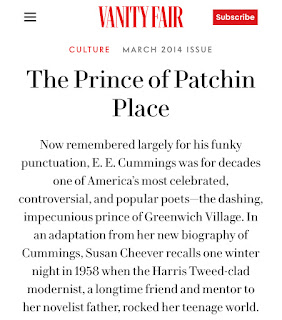Walter Pater writes in the preface to The Renaissance Studies in Art and Poetry that “To define beauty [...] is the aim of the true student of aesthetics.”
“What is important, then, is not that the critic should possess a correct abstract definition of beauty for the intellect, but a certain kind of temperament, the power of being deeply moved by the presence of beautiful objects.”
That one should ask questions like “What is this song or picture, this engaging personality presented in life or in a book, to me? What effect does it really produce on me? How is my nature modified by its presence, and under its influence? [...] one must realize such primary data for one’s self, or not at all.”
“The aesthetic critic, then, regards all objects [...], all works of art, and the fairer forms of nature and human life, as powers or forces producing pleasurable sensations [...].”
The aesthete should strive “[...] to indicate what the source of the impression is, and under what conditions it is experienced. His end is reached when he had disengaged that virtue, and noted it, as a chemist notes some nature element [...]”
So the next time you hear a piece like Treuting’s “Extremes” (2009), see a piece like Venus Callipyge, read a piece like Nabokov’s “Lilith” and\or bite into a Burger Joint well-down cheeseburger with the works, note like a chemist the effect it has on you, how you’re being moved, how your nature is being modified and the pleasurable sensations being produced.


